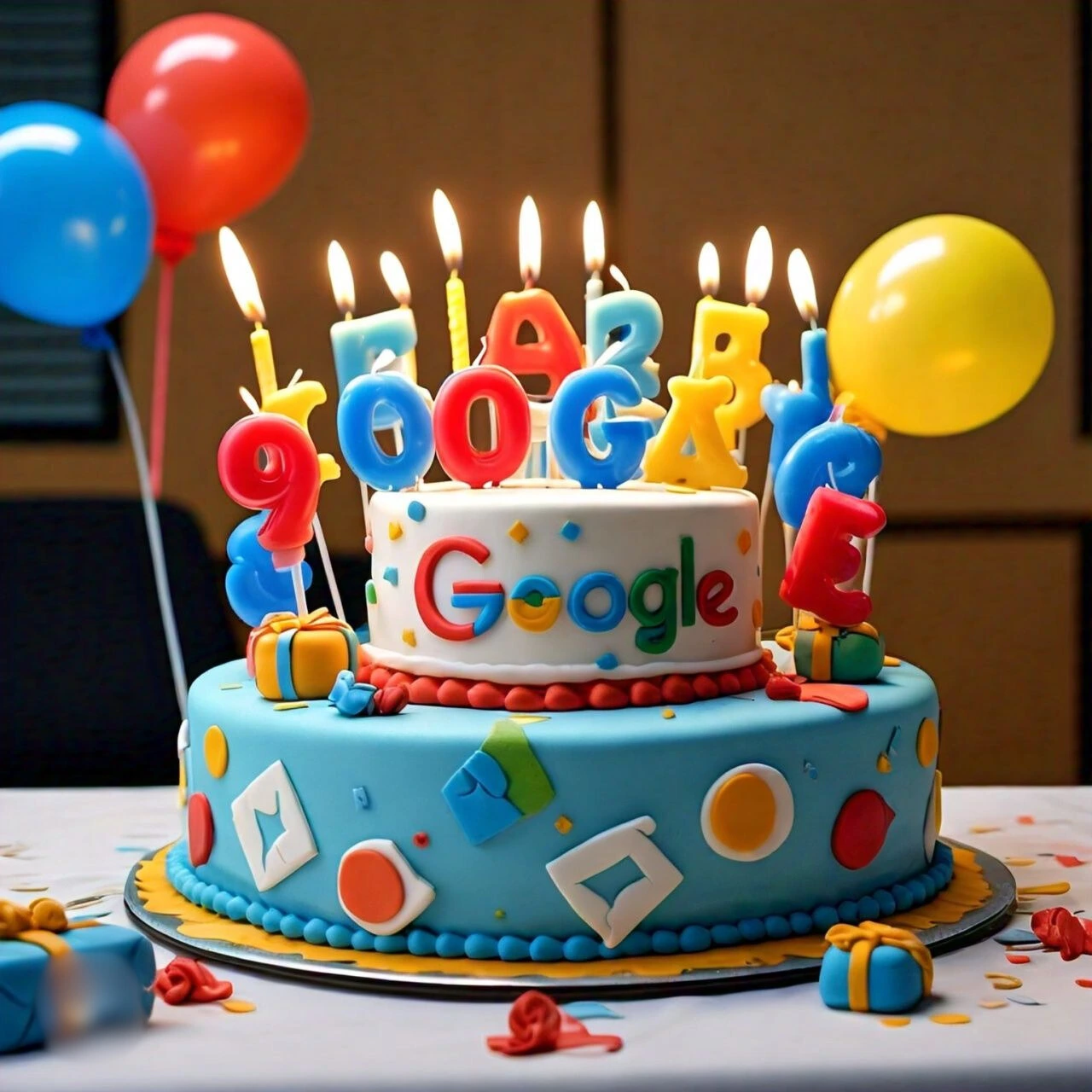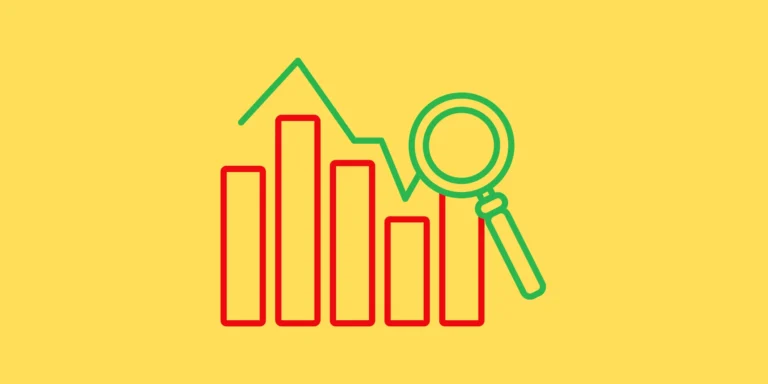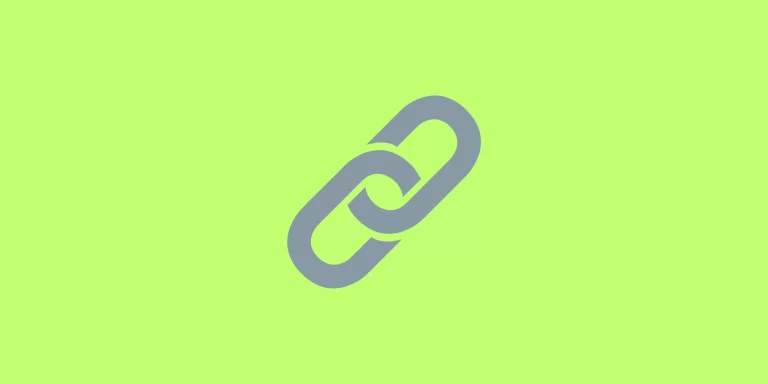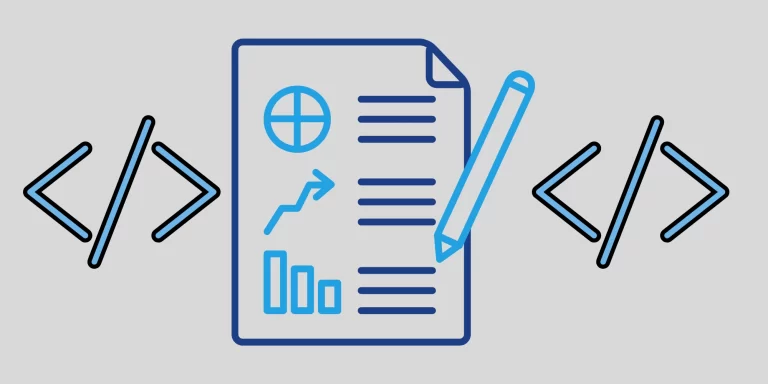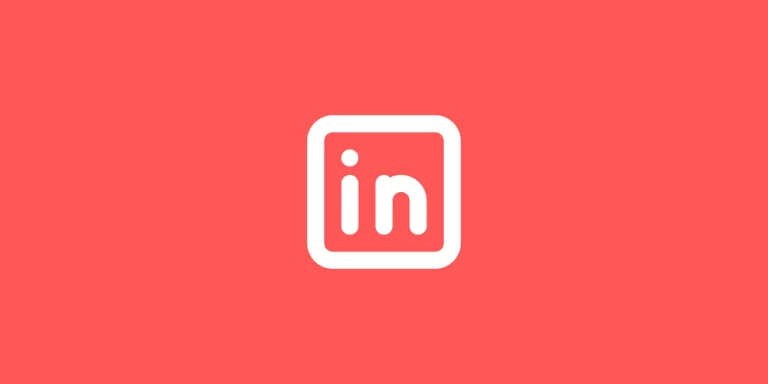Google is a very popular search engine and most people prefer and love to use it. But do you know how old Google is?
Google was started a long time ago in the late 1990s by two students at Stanford University. They wanted to make it easier to find information on the Internet.
Since it began, Google has become the most used search engine in the world. It has changed how we find things on the internet.
How Old is Google Now?
Google was created on September 4, 1998. So today, Google is 26 years old.
As of 2024, according to seo.ai:
- Google processes around 99,000 search queries every second
- This translates to 8.5 billion searches per day
- And roughly 2 trillion global searches annually
- The average person conducts 3-4 searches per day
- Google owns 92% of the global search engine market: 72% of the desktop market and 92% of the mobile market
These stats highlight Google’s overwhelming dominance in search.
The Begining of Search Engine Giant
Way back in the late 1990s, when Google was just a tiny project, the very first lines of code written were super important. Though they seemed small at the time, these coding lines built the base that the massive Google monster stands on today.
These original codes made all the algorithms and computer systems that allowed Google’s famous search engine to even work in the first place. They helped Google take its first technological baby steps with early innovations too.
And perhaps most importantly, they opened the doors for Google to later create all the awesome products and services we use every single day like Gmail, Google Maps, and more.
Simply put, if those pioneering codes were never written, Google would have never gotten off the ground to become the powerhouse it is now!
The name itself was a complete accident! The founders, two students named Larry Page and Sergey Brin, originally wanted to call their creation “Googol”, which is a super huge mathematical number with loads of zeros.
But when they went to register the website domain name, they accidentally typed “Google” instead with an incorrect spelling. Whoops! But rather than fixing it, they decided they actually liked the mistaken version better.
This mistake ended up being very lucky for them. Google is now one of the most recognizable names in the entire world.
Google’s Tiny Garage Beginnings
Can you guess where the world’s most popular search engine got its ultra-humble start? It might surprise you to learn that Google’s very first office was just a teeny tiny garage!
Yes, the same company that now has these massive corporate campuses all over the world once operated out of a garage in a regular residential neighborhood in California. It’s hard to imagine such a huge tech giant having these incredibly modest beginnings.
But that little garage office was absolutely crucial for allowing Google’s growth from just a big idea into an actual company. It gave the two student founders the space to really buckle down and develop all the smart computer coding that makes Google’s search engine work its magic.
More importantly, though, that garage is where Google’s famous employee-friendly office culture was first formed. From the start, the founders wanted to create a casual, collaborative environment for employees to work together as a close-knit team.
That easygoing vibe established in that garage still lives on today across Google’s modern workplace.
History of Google and Key Algorithm Updates in Google’s History
| Year | Key Events in Google’s History | Key Algorithm Updates |
| 1996 | Larry Page and Sergey Brin start the Google project at Stanford University | |
| 1998 | Google is officially founded on September 4 | |
| 2003 | Google launches the “Florida” update, drastically changing ranking algorithm | |
| 2004 | Google goes public with an initial public offering | |
| 2005 | Google introduces “NoFollow” attribute to combat spam links | |
| 2005 | “Jagger” update to tackle low-quality links | |
| 2006 | Google acquires YouTube | |
| 2008 | Google purchases DoubleClick | |
| 2009 | “Vince” update favoring big brands in search results | |
| 2010 | “May Day” update to improve long-tail search results | |
| 2011 | “Panda” update to reward high-quality websites | |
| 2012 | Google takes over Motorola Mobility | “Penguin” update to penalize unnatural link profiles |
| 2013 | Google integrates Waze into its services | “Hummingbird” update to improve query precision and speed |
| 2014 | Google acquires DeepMind Technologies | “Pigeon” update for better local search results |
| 2015 | Google restructures into Alphabet Inc., Sundar Pichai becomes CEO of Google | “Mobile” (Mobilegeddon) update for mobile-friendly websites |
| 2016 | “Possum” update to diversify local search results | |
| 2017 | Google fires James Damore over his controversial memo | |
| 2018 | “Medic” update focusing on health and medical sites | |
| 2019 | Google announces entry into the video game market with Google Stadia | “BERT” update for better natural language processing |
| 2019 | U.S. Department of Justice announces antitrust investigation into Google | |
| 2020 | Google announces cost-cutting measures due to COVID-19 pandemic | “Core” update to improve overall relevance |
| 2021 | Alphabet Workers Union is founded | “Page Experience” update focusing on user experience metrics |
| 2023 | Google removes Canadian news links due to legislation requiring payment | Google launches Search Generative Experience (SGE) |
| 2024 | March 2024 Core Update | Focused on identifying and reducing low-quality content |
Timeline of Google’s Product Launches (1998-2024)
Here is a detailed table of notable products Google has launched since its inception in 1998:
| Year | Product Name | Description |
| 1998 | Google Search | The original search engine used links to determine page importance. |
| 2000 | Google AdWords | Online advertising service where advertisers pay to display brief advertisements. |
| 2001 | Google Images | Search engine for images on the web. |
| 2002 | Google News | Aggregated news service compiling headlines from various sources. |
| 2003 | AdSense | Service allowing website publishers to display ads relevant to the site’s content. |
| 2004 | Gmail | Free email service with a large storage capacity and powerful search capabilities. |
| 2004 | Google Scholar | Search engine for scholarly literature across various disciplines. |
| 2005 | Google Maps | Mapping service offering satellite imagery, street maps, and real-time traffic conditions. |
| 2005 | Google Earth | Virtual globe program that maps the Earth by superimposing satellite images. |
| 2005 | Google Talk | Instant messaging and VoIP service. |
| 2006 | Google Calendar | Online calendar service that integrates with Gmail. |
| 2006 | Google Docs | Web-based word processor, part of the Google Drive suite. |
| 2006 | Google Trends | Service showing the popularity of top search queries across various regions and languages. |
| 2006 | Google Finance | Service providing business news, financial data, and stock market information. |
| 2006 | Google Translate | Free multilingual translation service. |
| 2007 | Android | Open-source mobile operating system. |
| 2008 | Google Chrome | Web browser designed for speed, simplicity, and security. |
| 2008 | Google App Engine | Platform-as-a-Service for developing and hosting web applications in Google-managed data centers. |
| 2010 | Google TV | Smart TV platform integrating Google Search, Chrome, and streaming services. |
| 2011 | Chromebook | Line of laptops running Chrome OS, designed for web-based applications. |
| 2011 | Google+ | Social networking service aimed at integrating various Google services. |
| 2011 | Google Wallet | Mobile payment system allowing users to store debit, credit, and loyalty card information. |
| 2012 | Google Drive | File storage and synchronization service that integrates with other Google services. |
| 2012 | Google Glass | Wearable technology with an optical head-mounted display. |
| 2014 | Google Cardboard | Fold-out cardboard viewer allowing users to experience virtual reality via a smartphone. |
| 2015 | Google Photos | Photo storage and sharing service with automatic organization and editing features. |
| 2015 | Google Home | Smart speaker with an integrated virtual assistant, now branded as Google Nest. |
| 2016 | Google Assistant | Virtual assistant available on mobile and smart home devices. |
| 2016 | Google Wifi | Mesh-capable wireless router for improving Wi-Fi coverage. |
| 2017 | Google Pixel | Line of consumer electronic devices including smartphones, tablets, and laptops. |
| 2017 | Google Lens | Image recognition technology integrated with Google Assistant and Google Photos. |
| 2018 | Google Duplex | An AI system for conducting natural conversations to carry out real-world tasks over the phone. |
| 2019 | Google Stadia | Cloud gaming service allows instant play of video games across various devices. |
| 2020 | Google Meet | Video communication service, part of the Google Workspace suite, replacing Google Hangouts. |
| 2020 | Google Workspace | Cloud-based productivity and collaboration tools formerly known as G Suite. |
| 2021 | Google Chat | Messaging service for teams, replacing Google Hangouts. |
| 2022 | Pixel Watch | Smartwatch with health and fitness tracking features, integrated with Google services. |
| 2022 | Pixel 7 | Latest iteration of Google’s flagship smartphone with advanced camera and AI capabilities. |
| 2023 | Bard | Conversational AI chatbot |
| 2024 | Gemini | Google renamed Bard to Gemini |
| 2024 | Trillium | Trillium, 6th generation TPU, offering 4.7x better compute performance per chip compared to TPU v5e |
From a small startup to a global tech titan, Google’s journey has been an incredible ride.
And considering how deeply embedded Google is in our modern lives, I’d say its founders’ vision for organizing the world’s information has been an amazing success so far. Who knows what the next 26 years will bring?
Frequently Asked Questions
How old is Google?
Google was founded on September 4, 1998, making it 26 years old as of 2024.
Who founded Google?
Google was founded by Larry Page and Sergey Brin.
What is the parent company of Google?
In 2015, Google restructured and created a new parent company called Alphabet Inc., the same parent company that owns Waze, YouTube, and other acquisitions.
Who is the current CEO of Google?
Sundar Pichai became the CEO of Google in 2019 after founders Larry Page and Sergey Brin stepped down.
